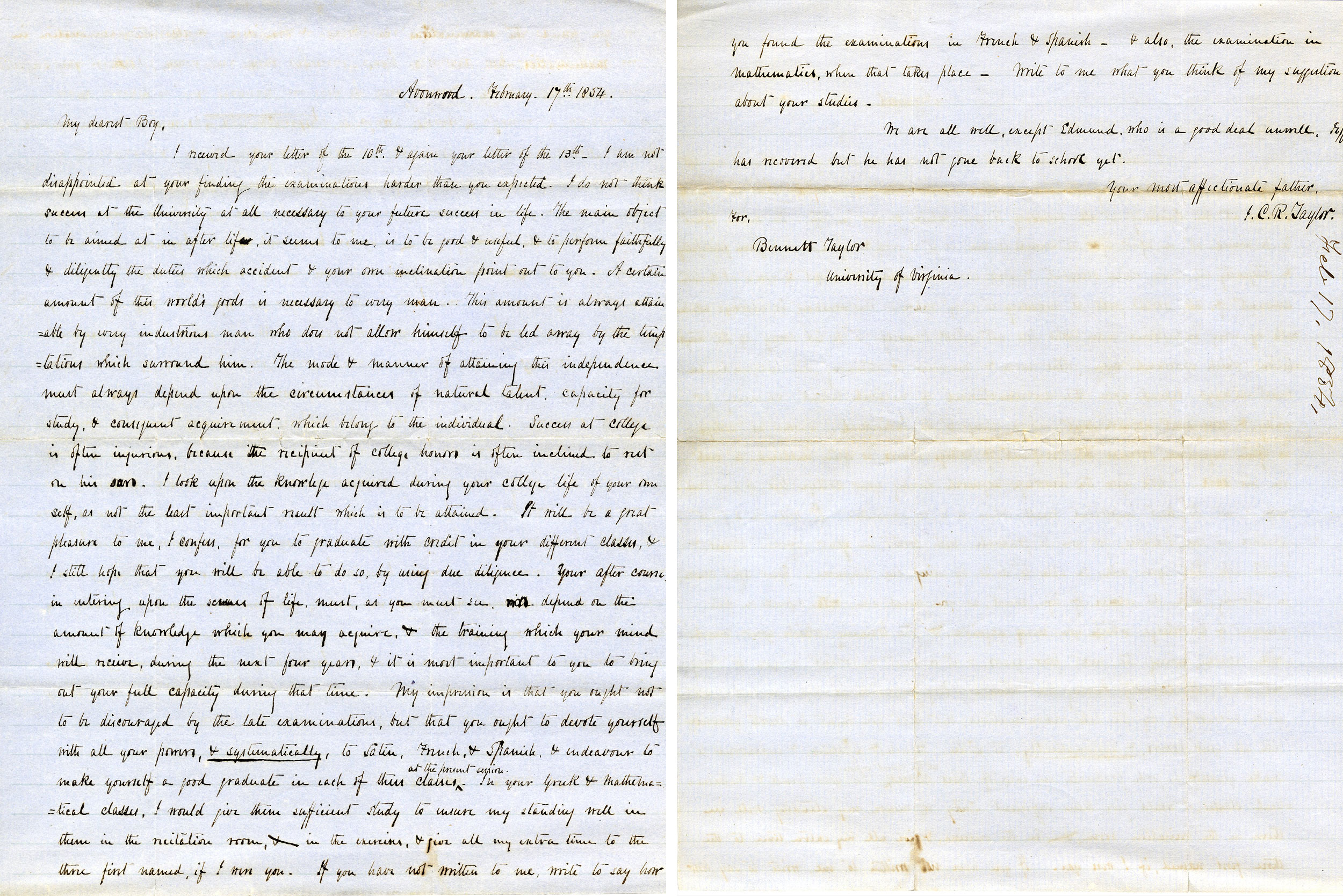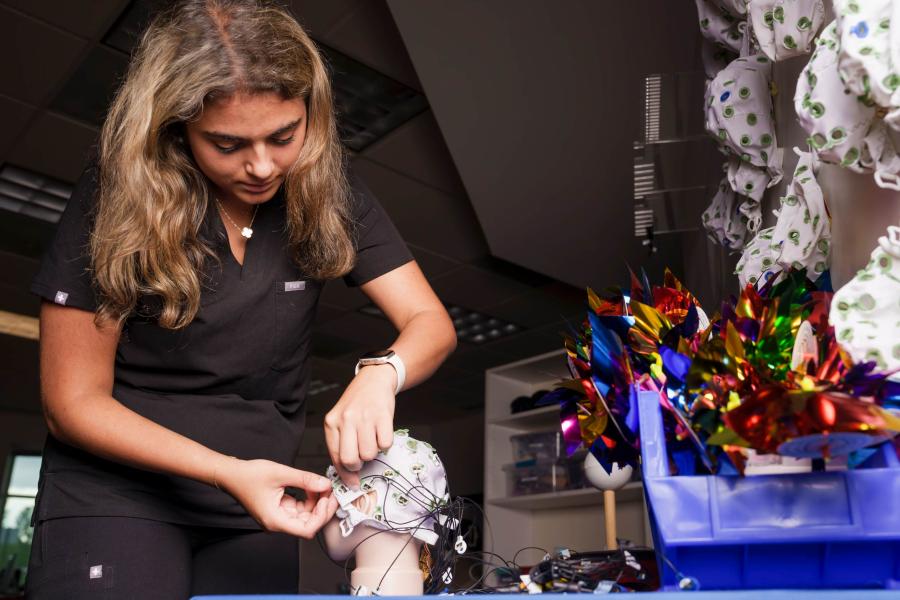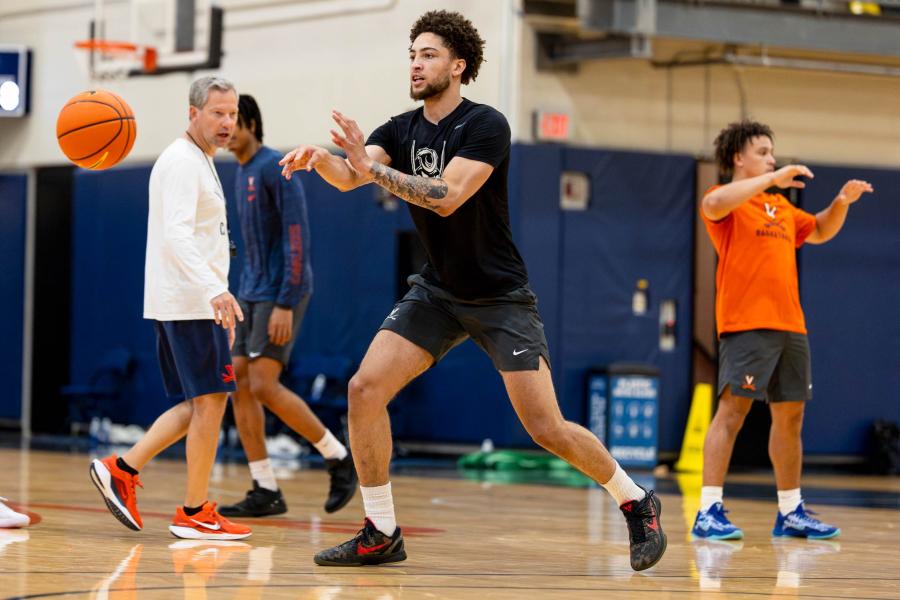The letter from father to son in 1854 is part of the library’s acquisition of Bennett family papers, including letters to and from Bennett Taylor while he was a UVA student in the mid-1850s. The letters were donated in 2018 by Elizabeth Kirk Page, a descendant of UVA founder Thomas Jefferson.
The elder Taylor, who refers to son Bennett as “My dearest Boy,” urged Bennett to “devote yourself with all your powers” to studies, but also reminded that an exam grade will not be the sole gauge of achievement.
“I do not think that success at the University at all necessary to our future success in life,” the father wrote. “The main object to be aimed at in after life, it seems to me, is to be good & useful & to perform faithfully & diligently the duties which accident & your own inclination point out to you.”
In other words, study hard in school, be a good person, and do your best wherever fate and your skills may take you.
That’s good advice in any century.





